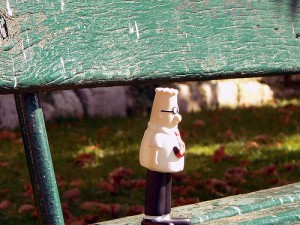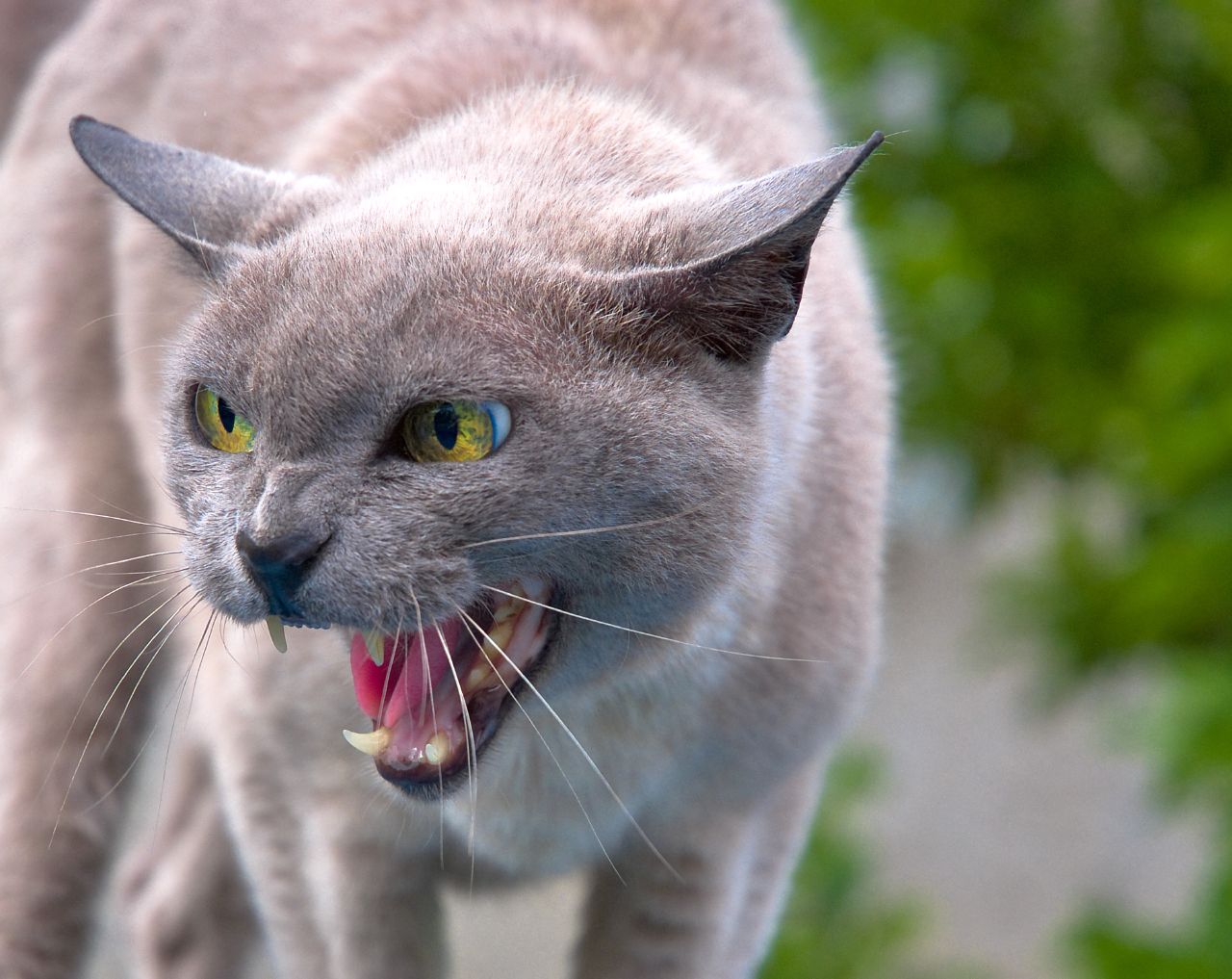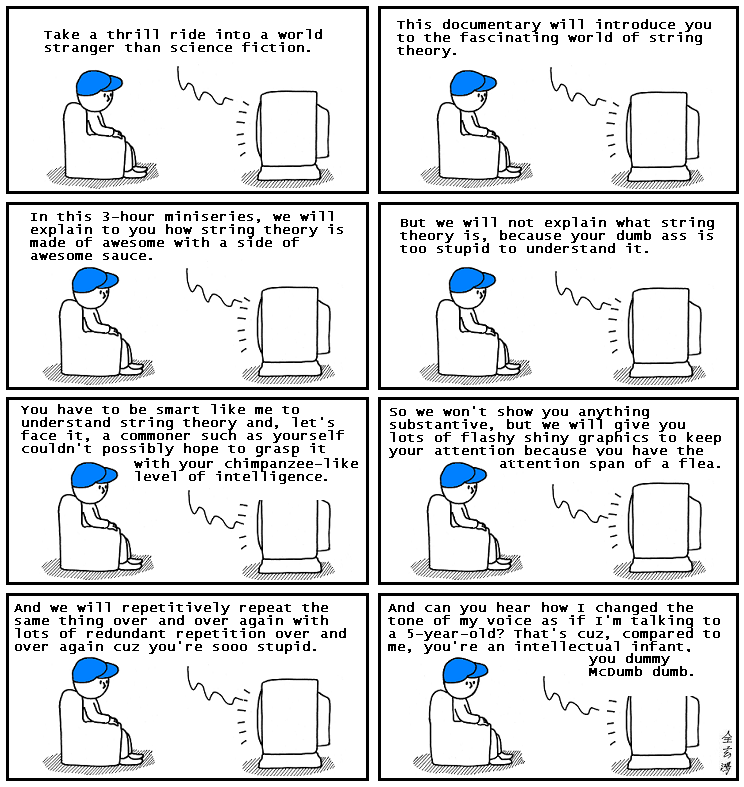 May we present the newest of the people of LWON, Richard Panek? Richard thinks that the history of the telescope is a history of mankind’s view of itself; that Einstein and Freud introduced us to the possibility of things both important and invisible; that our knowledge of the universe is constrained by the cosmological Dark Sector; and that the New York Society Library’s open stacks of books talk so loudly he can’t think: “All of history, all those voices, all at once,” he says. We are proud to have him and I’m personally a little worried he’s going to make me and Abstruse Goose look silly. His first post is on Monday.
May we present the newest of the people of LWON, Richard Panek? Richard thinks that the history of the telescope is a history of mankind’s view of itself; that Einstein and Freud introduced us to the possibility of things both important and invisible; that our knowledge of the universe is constrained by the cosmological Dark Sector; and that the New York Society Library’s open stacks of books talk so loudly he can’t think: “All of history, all those voices, all at once,” he says. We are proud to have him and I’m personally a little worried he’s going to make me and Abstruse Goose look silly. His first post is on Monday.
Photo credit: Tom Murphy VII

 This is the story of Massachusetts General Hospital case #31-2010: a 29-year-old woman whom I’ll call Melissa.
This is the story of Massachusetts General Hospital case #31-2010: a 29-year-old woman whom I’ll call Melissa.



